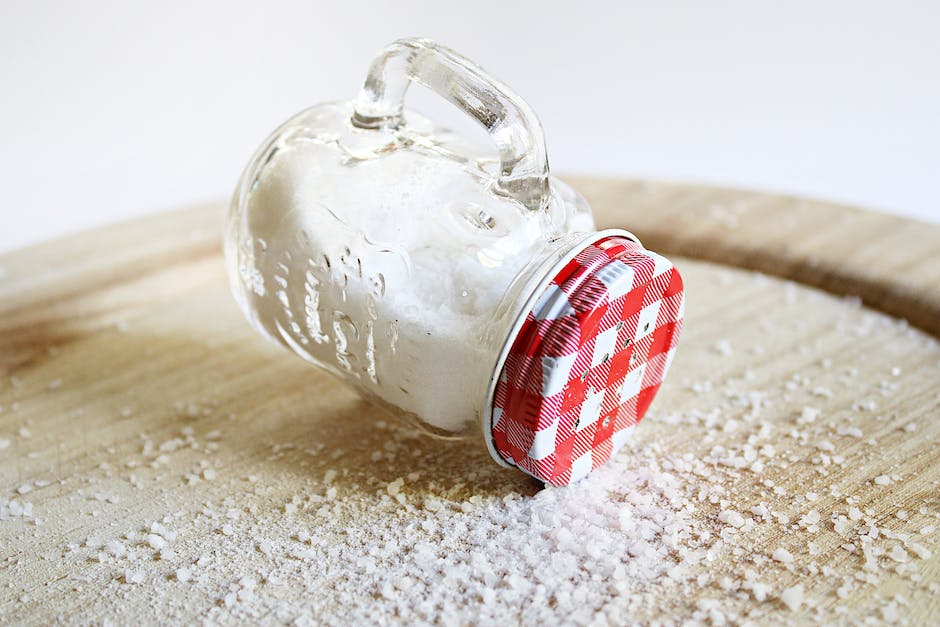How to Make Salt Water: A Comprehensive Guide
Salt water has a myriad of uses, from culinary endeavors to scientific experiments, and even therapeutic purposes. But how do you make salt water that’s just right for your needs? In this comprehensive guide, we’ll dive into the simple yet fascinating process of creating salt water, ensuring you have all the information you need to do it correctly. Whether you’re looking to create the perfect brine for your gourmet dishes or preparing a soothing salt bath, this article will cover all the bases.
What is Salt Water and Why is it Important?
Before we delve into the process of making salt water, let’s understand what it is and its significance. Salt water, at its core, is a solution of salt (usually sodium chloride) dissolved in water. It’s a fundamental component in various industries and practices, from cooking to aquarium maintenance.
The Role of Salt Water in Cooking
- Preservation: Salt water is an ancient method of preserving food, inhibiting the growth of bacteria.
- Flavoring: Brining meats in salt water enhances their flavor and tenderness.
The Role of Salt Water in Wellness
- Therapeutic Uses: Salt baths can help with skin conditions and relax muscles.
- Nasal Rinses: A saline solution can clear nasal passages and alleviate congestion.
How to Make Salt Water for Cooking
Selecting the Right Salt
When making salt water for cooking, the type of salt you use can make a significant difference. Here are some options:
- Table Salt: The most common type, but it often contains additives.
- Sea Salt: Offers a more complex flavor profile and is available in fine or coarse grains.
- Himalayan Pink Salt: Rich in minerals and provides a unique taste.
The Process of Making Brine
- Measure Accurately: Use a kitchen scale or measuring spoons to ensure the right salt-to-water ratio.
- Dissolve Completely: Heat the water to help dissolve the salt faster, stirring continuously.
How to Make Salt Water for Therapeutic Use
The Importance of Purity
When creating salt water for therapeutic purposes, the purity of both the salt and the water is crucial. Here’s what to consider:
- Non-Iodized Salt: Choose salt without iodine or anti-caking agents to avoid skin irritation.
- Distilled or Filtered Water: Ensures there are no additional impurities that could affect the skin.
Crafting the Perfect Salt Bath
- Temperature Matters: The water should be warm but not too hot to prevent skin irritation.
- Mixing Ratios: Follow recommended ratios to create a solution that’s effective yet gentle on the skin.
How to Make Salt Water for Scientific Experiments
Understanding Concentration
The concentration of your salt solution is key in scientific experiments. It can affect the results significantly, so precision is essential.
Steps to Create an Accurate Solution
- Use Lab-Grade Materials: Ensure all materials are clean and suitable for laboratory use.
- Weighing and Mixing: Use a precise scale to weigh the salt and mix it thoroughly with distilled water.
How to Make Salt Water for Aquariums
The Balance of Marine Life
Aquariums require a delicate balance of salinity to mimic the natural habitat of marine life. Here’s how to achieve it:
- Specific Gravity: Use a hydrometer to measure the specific gravity of your salt water.
- Regular Testing: Continuously monitor the salinity levels to keep them within the ideal range for your aquatic creatures.
Creating the Ideal Aquatic Environment
- Mixing Salt and Water: Use a powerhead or a pump to mix the salt and water until fully dissolved.
- Allowing for Settling: Let the water sit to ensure temperature stabilization and complete dissolution of salt.
Conclusion: The Versatility of Salt Water
Making salt water is a simple process, but it requires attention to detail to tailor it to your specific needs. Whether you’re a chef, a health enthusiast, a scientist, or an aquarist, understanding how to make the right concentration of salt water is crucial. By following the guidelines outlined in this article, you can ensure that your salt water is perfect for whatever application you have in mind. Remember to always use the right type of salt and water, measure accurately, and adjust according to your requirements. With this knowledge, you’re well-equipped to harness the power of salt water in all its forms.


